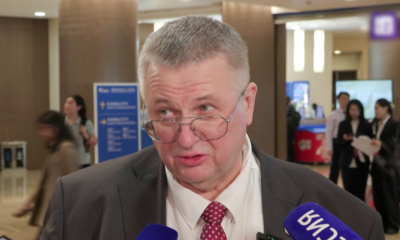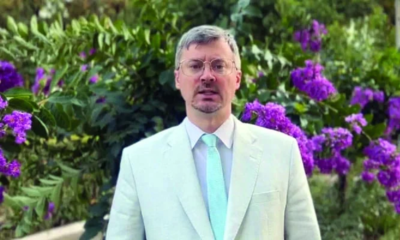Latest News
Coronavirus: Russia starts shutdown

Although Russia sees no epidemic, it is urging people to stay at home.
It has been hinted that the new restrictions could be extended beyond 5 April, depending on the health situation.
The number of Russians infected with Covid-19 passed 1,000 on Friday, with most cases detected in Moscow.
Russia’s state TV’s rolling news channel has changed its name to We’re Staying Home – broadcasting from presenters’ living rooms.
Latest News
No foreign body has right to interfere in our judicial system: Supreme Court Spokesman
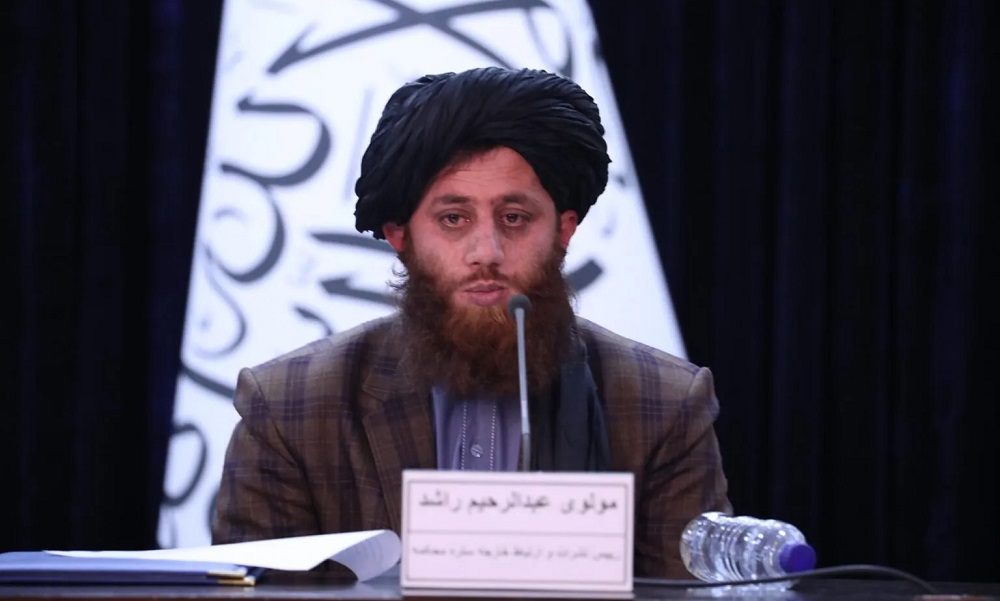
The spokesperson for the Supreme Court, Abdul Rahim Rashid, on Saturday issued a statement in response to remarks by the United Nations Human Rights Office, stating that no foreign authority has the right to interfere in the Sharia, religion, or judicial system of the Islamic Emirate of Afghanistan (IEA).
The UN Human Rights Office had earlier described the implementation of Qisas (retribution) against four individuals in the provinces of Badghis, Nimroz, and Farah as being contrary to human dignity.
According to the statement from the Supreme Court, the public execution of four individuals was carried out based on the clear rulings of Sharia, credible evidence, the confessions of the murderers, and to reform society, uphold justice, and prevent crimes.
Latest News
US Senate convenes commission to review early years of Afghanistan war
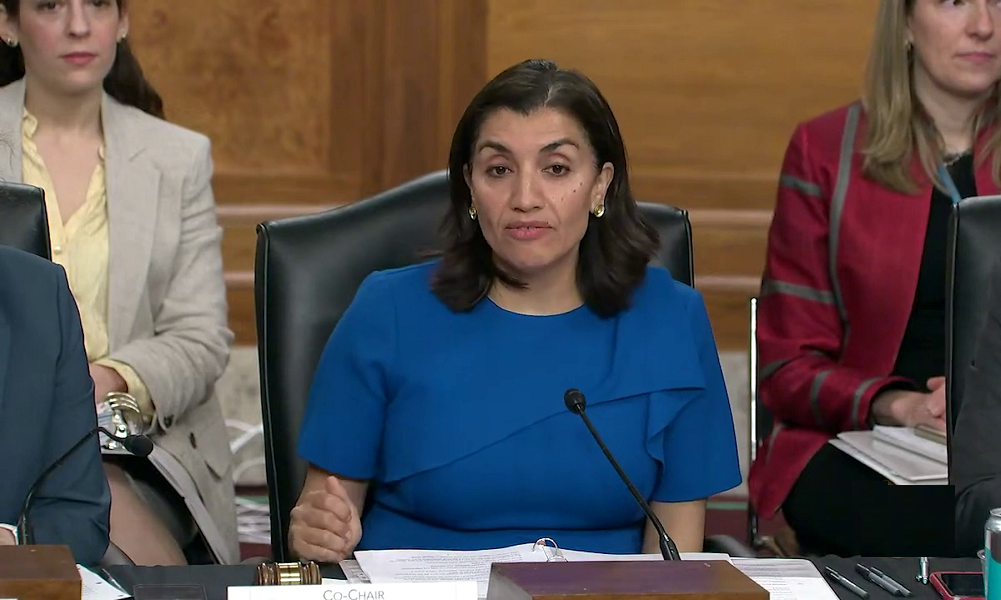
The U.S. Senate held a commission meeting on Friday to review the Afghanistan War, focusing on the period from 2001 to 2008.
Several high-ranking U.S. policymakers, generals, and former Afghan officials attended the meeting. Important questions regarding the early years of the U.S. military presence in Afghanistan were addressed.
Shamila Chaudhary, co-chair of the Afghanistan War Commission, said the meeting focused on the early years of the U.S. war in Afghanistan, specifically from 2001 to 2008.
Chaudhary stated: “In this century, we launched two wars beyond our borders — in Iraq and Afghanistan. These wars were debated, justified, and criticized. This session, and the broader mission of this commission, is not about judging the past. It is about learning from it. The war in Afghanistan has never had simple conclusions. But that doesn’t mean we should avoid trying to understand it. If we do not analyze what happened in Afghanistan, we risk turning the war into an abstract concept.”
In the meeting, General David Barno, former U.S. commander in Afghanistan, pointed to a lack of coordination and continuity in U.S. military leadership as reasons for the country’s failure in Afghanistan.
“I want to highlight three key factors that, in my view, undermined America’s chances of success in Afghanistan over two decades: first, the persistent inability to effectively integrate U.S. political, military, diplomatic, and economic efforts. Second, the rapid turnover in U.S. military and diplomatic leadership in Afghanistan over 20 years. Third, the mishandling of external safe havens such as Pakistan,” said Barno.
Andrew Natsios, former director of USAID, said in his remarks that the U.S. government’s goals in Afghanistan were never reconciled because they were mutually exclusive and contradictory.
Natsios stated: “Policymakers in Washington assumed that by spending vast sums of money, they could achieve good and positive outcomes in Afghanistan. But over time, it became clear that these decisions were misguided and worsened the situation. The U.S. military and Afghan politicians saw progress only in construction projects, whereas real progress lay in building and strengthening institutions.”
Meanwhile, Shamila Chaudhary also emphasized the importance of listening to the views of Afghanistan’s partners when addressing key questions about reconciliation with the Islamic Emirate and forming strategies on the Afghanistan issue.
It is also noteworthy that two former officials of the previous Afghan government attended this meeting and shared their perspectives on the mistakes and failures of both the U.S. and the former Afghan government.
Latest News
IEA delegation led by agriculture minister off to Uzbekistan
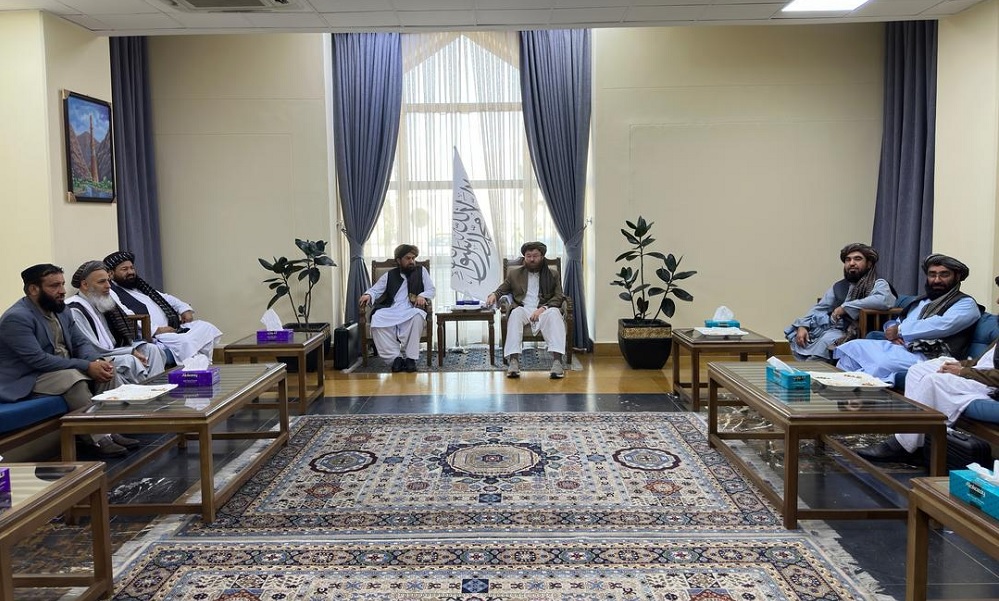
A delegation of the Islamic Emirate of Afghanistan (IEA), led by Acting Minister of Agriculture, Irrigation and Livestock Attaullah Omari, has left for neighboring Uzbekistan for talks.
The ministry said in a statement on Saturday that the purpose of the visit is to discuss and exchange views on climate change and its impact on the water resources of the Amu Darya Basin, expand cooperation in the fields of agriculture, irrigation, livestock, food security, capacity building and other issues of mutual concern.
The delegation comprises the Deputy Minister of Energy and Water, the Deputy Interior Minister for Counter-Narcotics, the Director of Constructions of the Ministry of Defense, the Director of Economy of the Office of Deputy Prime Minister for Economic Affairs, the Director of Administration of the Ministry of Agriculture, the Technical Advisor to the Acting Minister of Agriculture, a representative of the Ministry of Foreign Affairs, a representative of the General Directorate of Intelligence and a representative of the PM’s Office of Administrative Affairs.
-

 Latest News5 days ago
Latest News5 days agoItaly to welcome 700 Afghan refugees for resettlement
-

 Sport5 days ago
Sport5 days agoAfghanistan’s national futsal team heads to Morocco
-
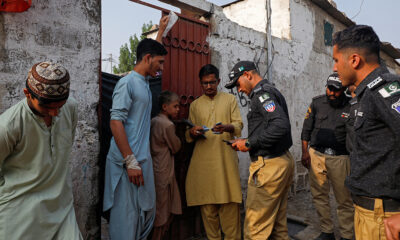
 Latest News5 days ago
Latest News5 days agoMinistry of Refugees slams neighboring countries for mistreatment and forced removals of Afghans
-

 Sport4 days ago
Sport4 days agoAfghanistan win U-19 cricket series despite rain-impacted loss to Nepal
-
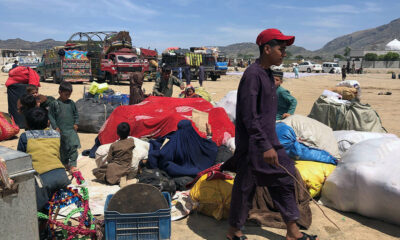
 Latest News4 days ago
Latest News4 days agoPakistan expels thousands of Afghan nationals in fresh drive, says UNHCR
-
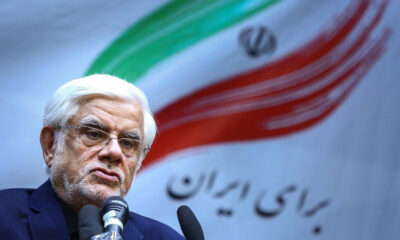
 Latest News4 days ago
Latest News4 days agoIran’s Vice President advocates stronger ties with neighbors, especially Afghanistan
-
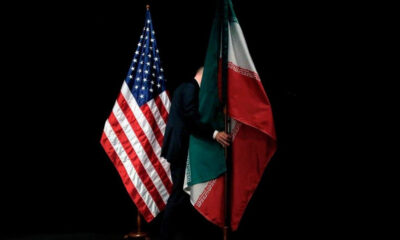
 Regional4 days ago
Regional4 days agoUS energy secretary sees tighter sanctions on Iran without deal
-
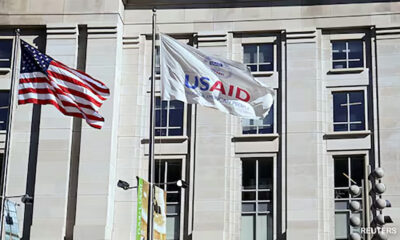
 Latest News4 days ago
Latest News4 days agoTrump administration moves to restore some terminated foreign aid programs, sources say



